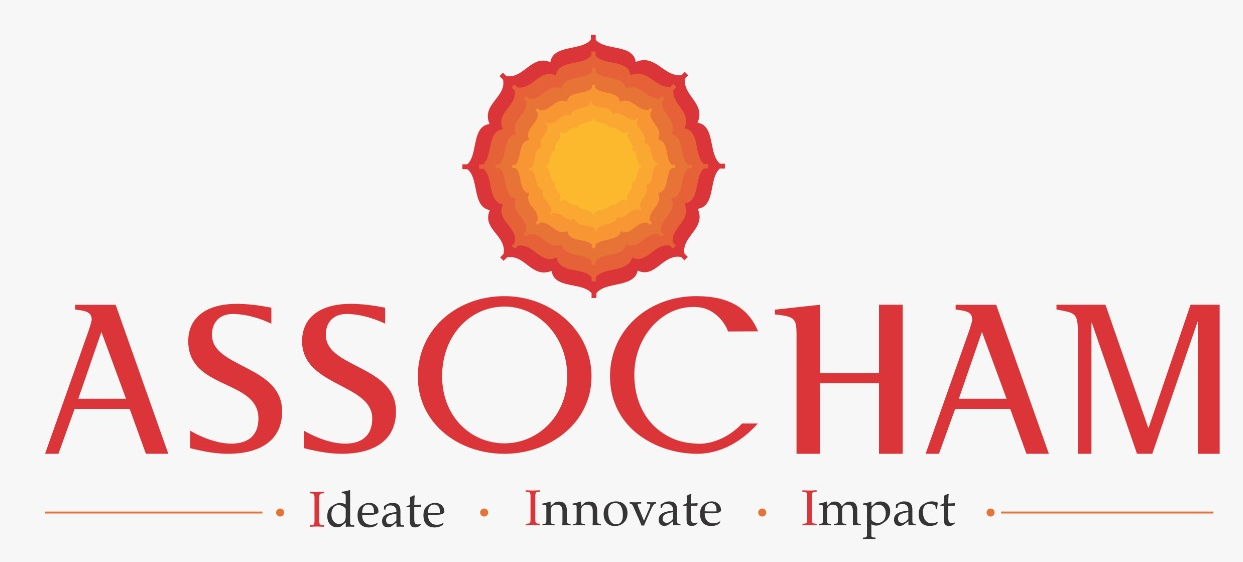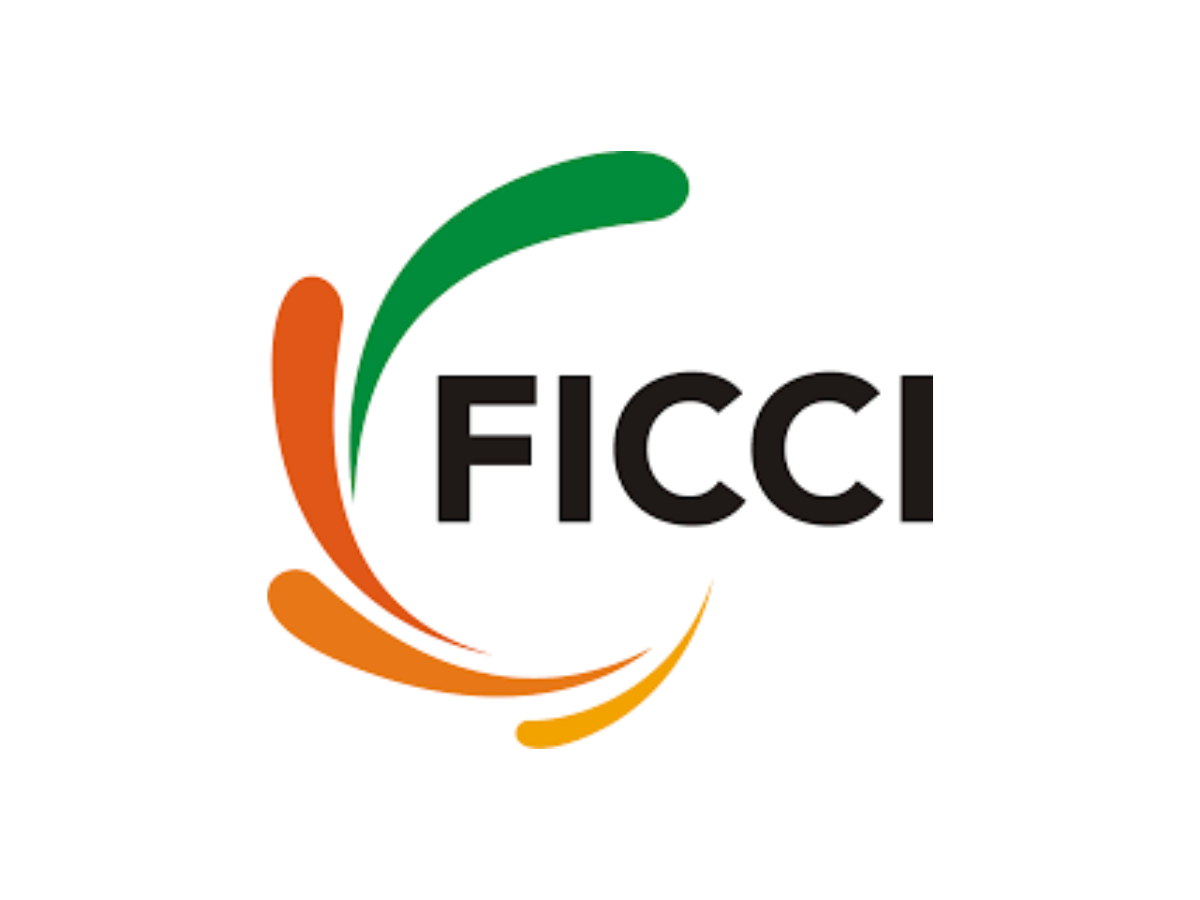By Siddhi Nawar
As India braces for the Union Budget 2025, the Economic Survey 2024-25, released on Friday, has sparked extensive discussions among industry leaders and experts. With its emphasis on growth, deregulation, and emerging technologies, the Survey offers valuable insights into the economic landscape as businesses await fiscal policy proposals.
A Comprehensive Economic Outlook
The Economic Survey, presented by Finance Minister Nirmala Sitharaman and curated by Chief Economic Advisor Anantha Nageswaran, provides an in-depth analysis of the past year’s challenges and achievements while setting the tone for the upcoming Union Budget. The Survey’s comprehensive approach paints a picture of India’s economic trajectory, focusing on areas like domestic growth, fiscal consolidation, and the digital transformation of industries.
The report’s detailed findings are expected to influence the direction of the Union Budget 2025, scheduled for today. Experts predict a focus on empowering businesses and driving growth through deregulation, simplification of tax structures, and industry-specific initiatives like the Production-Linked Incentive (PLI) schemes and Ease of Doing Business 2.0.
ASSOCHAM Applauds Economic Survey’s Positive Outlook
The Associated Chambers of Commerce and Industry of India (ASSOCHAM) expressed optimism about the Economic Survey’s findings. According to the industry body, the Survey highlights strong economic fundamentals, with a notable emphasis on fiscal consolidation and stable private consumption.
“India is on the right track, with the Economic Survey highlighting key areas such as the rise of emerging technologies like AI, which will drive the country’s competitiveness in the global economy. India Inc. is committed to fully participating in coordinated efforts across all sectors to help the country realize its ambition as a manufacturing powerhouse,” said the ASSOCHAM press statement.
FICCI Welcomes Focus on Deregulation and Business Ease
The Federation of Indian Chambers of Commerce & Industry (FICCI) lauded the Economic Survey’s emphasis on deregulation and streamlining the business environment. In particular, FICCI highlighted the Survey’s call to simplify and remove outdated regulations to reduce business costs, enhance investment, and boost growth.
FICCI also appreciated the focus on “Ease of Doing Business 2.0” and the potential for further private sector participation in government-led initiatives like the National Monetization Pipeline and Gati-Shakti.
Amit Kapur, Joint Managing Partner at JSA Advocates & Solicitors said “The Economic Survey rightly emphasizes the need for greater private participation in large-scale government initiatives. However, the private sector’s involvement will only be effective if we address barriers to investment in infrastructure, streamline project execution, and prioritize measures to resolve legal and regulatory hurdles.”
Increased Private Sector Role for Infrastructure and Growth
Yezdi Poonawalla, CEO of KPMG India, echoed similar sentiments, stressing the need for increased private sector involvement in government initiatives. Poonawalla noted that enhancing digital infrastructure and focusing on productivity will be crucial in helping India meet its ambitious GDP targets.
There is a clear need for more private sector participation, especially in the context of digital and infrastructure development. This, in turn, will boost employment, increase productivity, and enhance India’s global competitiveness.Yezdi Poonawalla, CEO of KPMG India
Addressing Food Inflation and Agricultural Challenges
On the issue of food inflation, FICCI supported the Economic Survey’s recommendations to focus on climate-resilient crops and improved agricultural yields. The body also reiterated its proposal for establishing a Food Inflation Response and Strategy Team (FIRST), which would provide better coordination and enhanced global market intelligence to improve food price forecasting.
The Survey’s recommendations on strengthening agricultural data systems and improving climate-resilient crops are crucial. This will help address food inflation challenges while ensuring food security for the nation’s growing population.FICCI
Energy Transition: Strengthening Domestic Industries
FICCI also endorsed the Survey’s call for reducing India’s dependence on imports of critical items. The Survey highlighted strengthening domestic industries like electric vehicles (EVs), solar, and wind energy to support a low-carbon growth path.
The emphasis on reducing import dependence, particularly in critical sectors like EVs and renewable energy, will help strengthen India’s energy security and boost domestic innovation, driving the country toward a more sustainable and resilient future.FICCI
The Road Ahead: Will the Budget Deliver?
As the Union Budget 2025 approaches, the Economic Survey has set the stage for high expectations. Industry leaders are hopeful that the budget will address key challenges and capitalize on opportunities outlined in the Survey. However, critical questions remain—will the government’s fiscal policy proposals deliver the necessary support to industries, and will the emphasis on deregulation translate into tangible benefits for businesses?
As India prepares for another transformative year, the Economic Survey’s insights offer a glimpse into the nation’s economic future, with businesses and industry leaders watching closely for measures that will ensure India’s continued growth and global competitiveness.
The Union Budget 2025, to be presented later today, will determine if the expectations outlined in the Economic Survey can be turned into reality.
experts-applaud-focus-on-deregulation-private-sector-growth-and-energy-transition-etcfo
cfo.economictimes.indiatimes.com
2025-01-31 18:15:50








